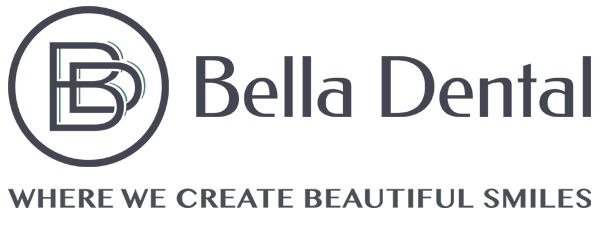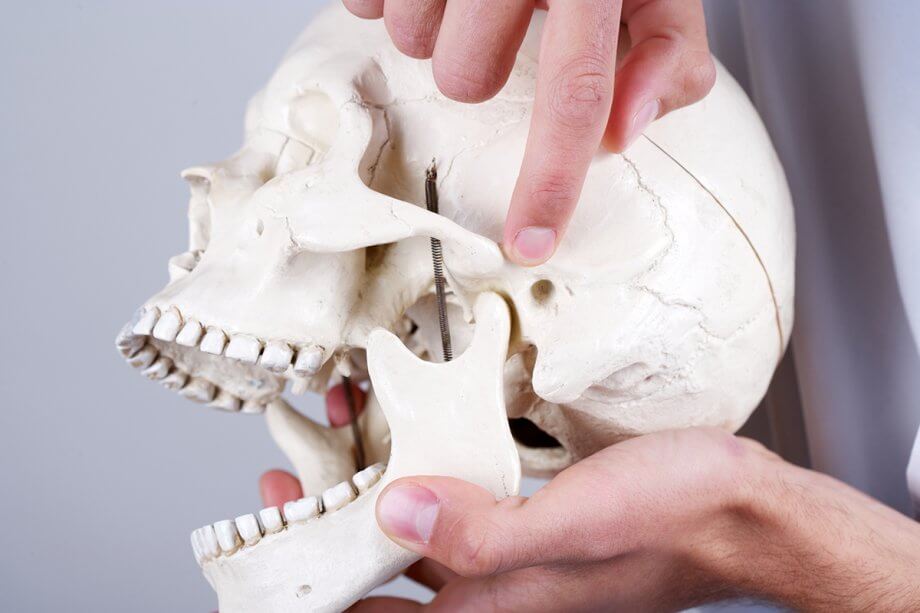Your temporomandibular joints connect both sides of your jaw to your skull. Also known as TMJ, these joints act as a sliding hinge whenever you open or close your mouth. Although we use these joints all the time, we rarely give them any thought—until they start causing pain. Dysfunction in one or both of the TMJ or the muscles that control them is called TMJ disorder, or TMD.
Diagnosing TMJ disorder can be difficult, as many of its symptoms mimic other common conditions. It’s important to see a specialist with experience in the diagnosis and treatment of TMD, which is why you should schedule an appointment with Bella Dental. We understand that TMJ treatment options must be tailored to the underlying cause of your pain, rather than simply addressing the symptoms.
Self-Managed Care for TMJ Pain
The National Institute of Dental and Craniofacial Research advocates for a “less is best” approach to TMJ disorder. This means using self-managed care as a first line of treatment before moving onto medical interventions. Many patients find that these at-home treatment options relieve mild TMD or TMJ pain that only flares up during times of stress.
Here are some self-managed care strategies to try for your TMJ pain:
- Eating a diet of soft, easy-to-chew foods when you’re experiencing jaw pain
- Stopping harmful oral habits like nail biting and chewing gum
- Applying heat packs, cold compresses, or a combination of both to alleviate swelling
- Practicing massage and relaxation techniques to alleviate tension in the jaw
- Using over-the-counter anti-inflammatory pain relievers (NSAIDs) when pain is severe
Patients who notice that their TMJ symptoms are more active during times of stress should also take steps to address the stressors in their lives, although we realize this is easier said than done!
Non-Surgical TMJ Treatments
The next step after self-managed care is non-surgical medical interventions. These conservative TMJ treatments work for many patients. At Bella Dental, we take the time to understand why you’re experiencing TMJ pain, which allows us to put together a custom treatment plan just for you. Some non-surgical TMJ treatment options include:
- Physical therapy exercises that relax the jaw muscles
- Prescription medication, including anti-inflammatory medications, pain relievers, or muscle relaxants
- Botox injections to prevent jaw muscles from becoming over-active
- TMJ appliances or splints to stop jaw clenching and teeth grinding during sleep
- Orthodontic treatment to correct jaw misalignments
- Adjusting or reshaping teeth to fix an uneven bite
Surgical TMJ Treatments
Surgical TMJ treatments are considered a last resort to be used only when all other options have been exhausted. These treatments are irreversible, so it’s common to begin with a conservative procedure like arthroscopy before recommending a joint replacement.
Most patients see good results from a combination of self-managed care and one or more non-surgical treatment options. These simple TMJ treatment strategies can relieve your pain and improve your overall quality of life.
Learn More About TMJ Disorder Treatment
If you have TMJ disorder and you’d like to schedule a consultation to discuss treatment options, contact us today to make an appointment at one of our three New Jersey locations.

